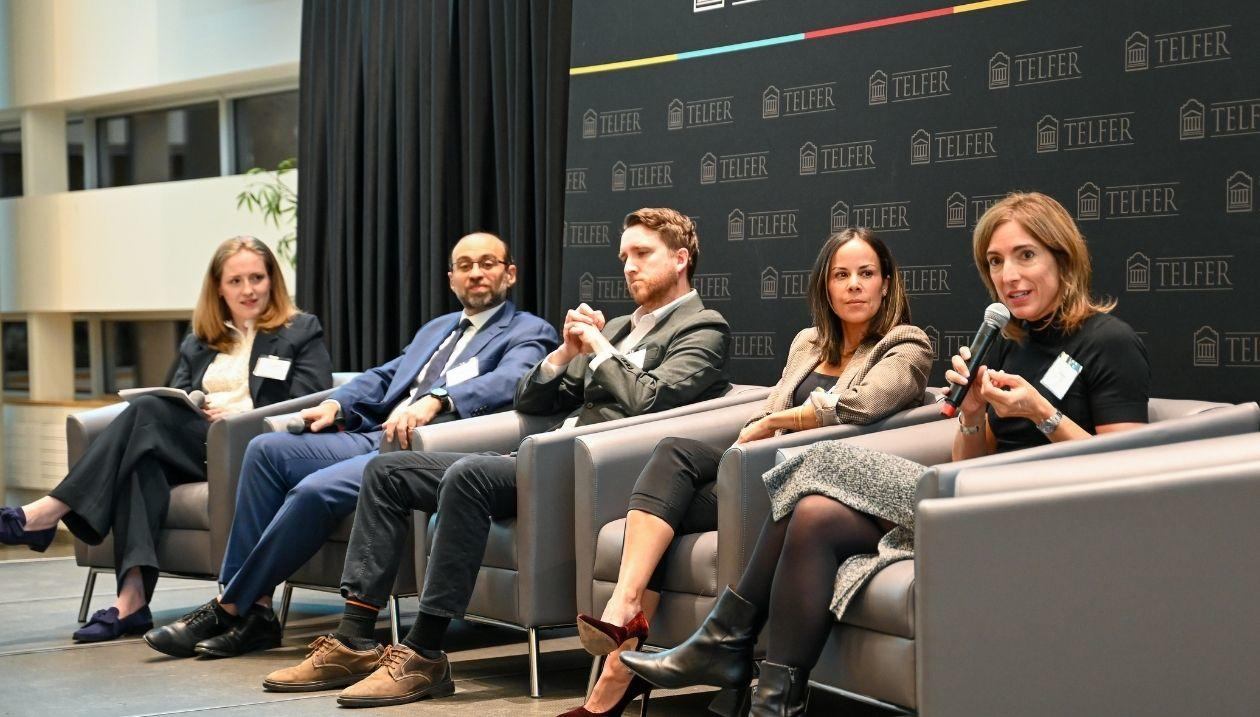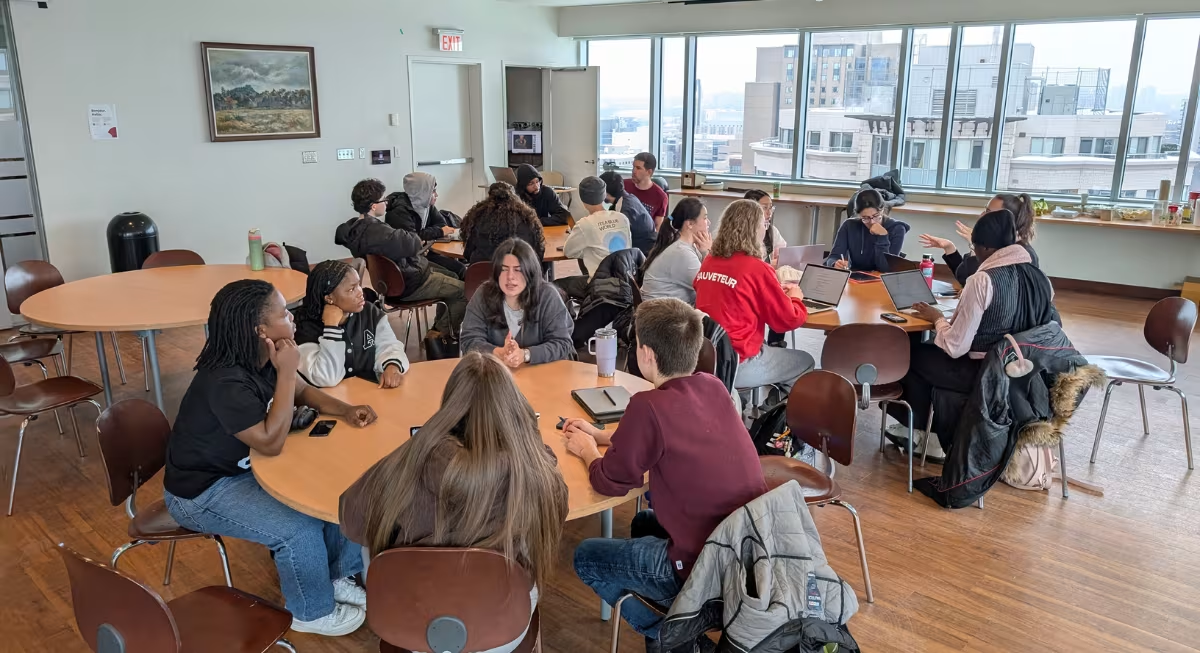Positive workplace relationships are an essential part of a successful organization. When these relationships deteriorate, the repercussions are felt by both individuals and the organization.
It’s essential to not only understand how to reduce workplace transgressions, but also how to respond to them. Apologizing after a transgression can mitigate their impact and foster positive relationships among the parties involved. However, many individuals hesitate to do so.
To understand the factors that influence offender responses to workplace transgressions, Professor Sana Rizvi was recently awarded a SMRG Research Development Grant for her project “The effects of distanced self-talk on offender apologies.”
Creating necessary psychological distance

Rizvi believes that “distanced self-talk,” a cognitive technique using one’s own name and third person pronouns during reflection, can increase apologies from transgression offenders. The technique creates a psychological distance between the offender and the event, enabling the former to examine it more objectively.
Rizvi will conduct laboratory experimental and online surveys to examine how distanced self-talk affects participants’ reflection on negative interpersonal experiences and their willingness to apologize. Participants for the lab experiment will be recruited from the University of Ottawa’s Integrated System of Participation in Research (ISPR) student pool, while those for the online survey will be recruited through the Prolific platform.
Often, employee conflict is caused by interpersonal transgressions, for example, broken promises, violations of expectations and self-serving decisions. When they’re left unaddressed, they negatively affect employee job performance, organizational commitment and job satisfaction (De Dreu & Weingart, 2003).
New approaches
This study will add to the literature and provide organizations and practitioners with insights into managing workplace transgressions.
The results of the research could provide interventions or new approaches that can increase the likelihood of apologies and facilitate positive relationships in the workplace. They could also facilitate the development of training programs and workshops to enhance overall conflict resolution.











